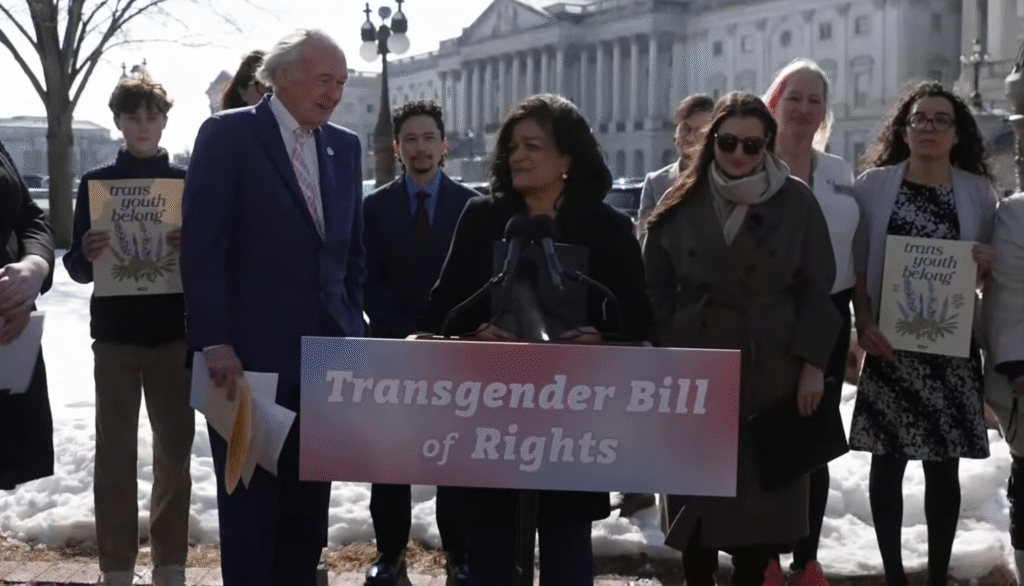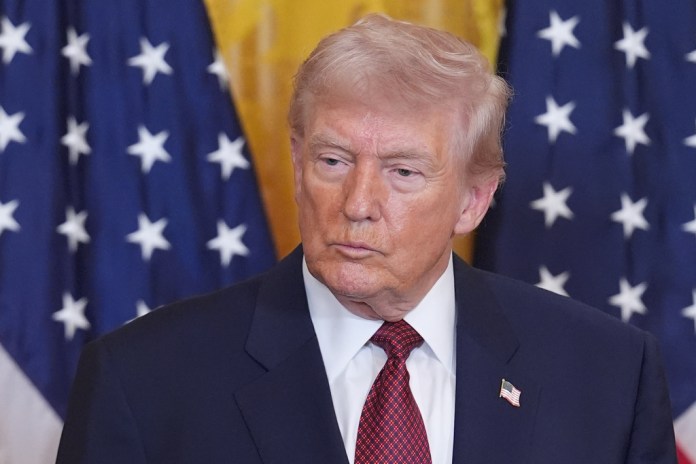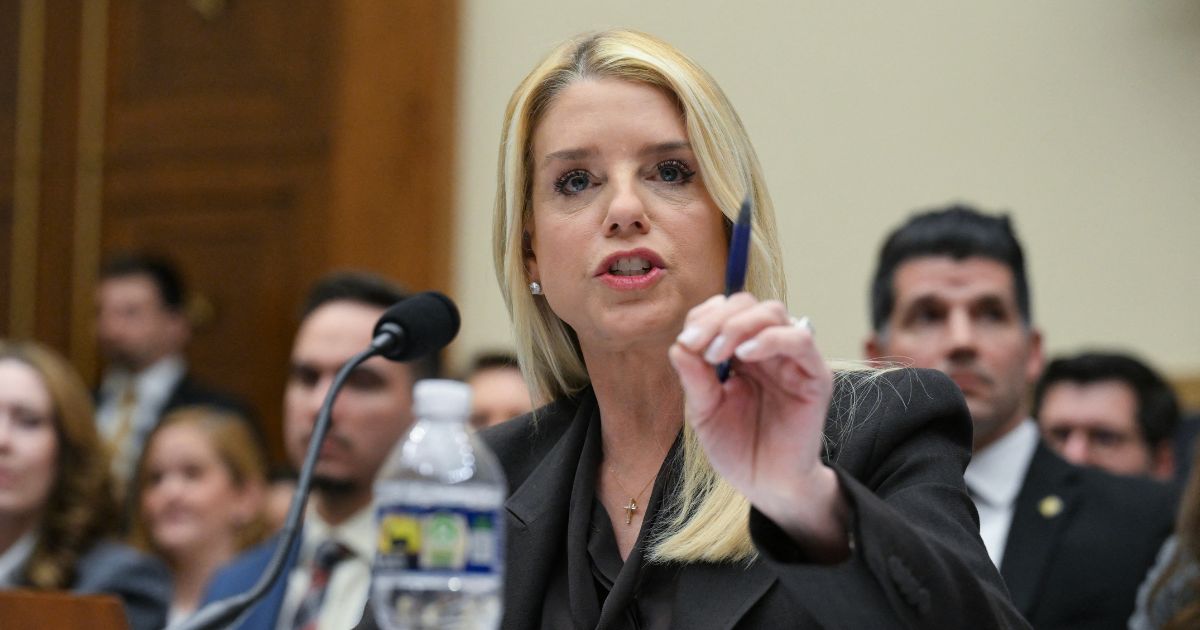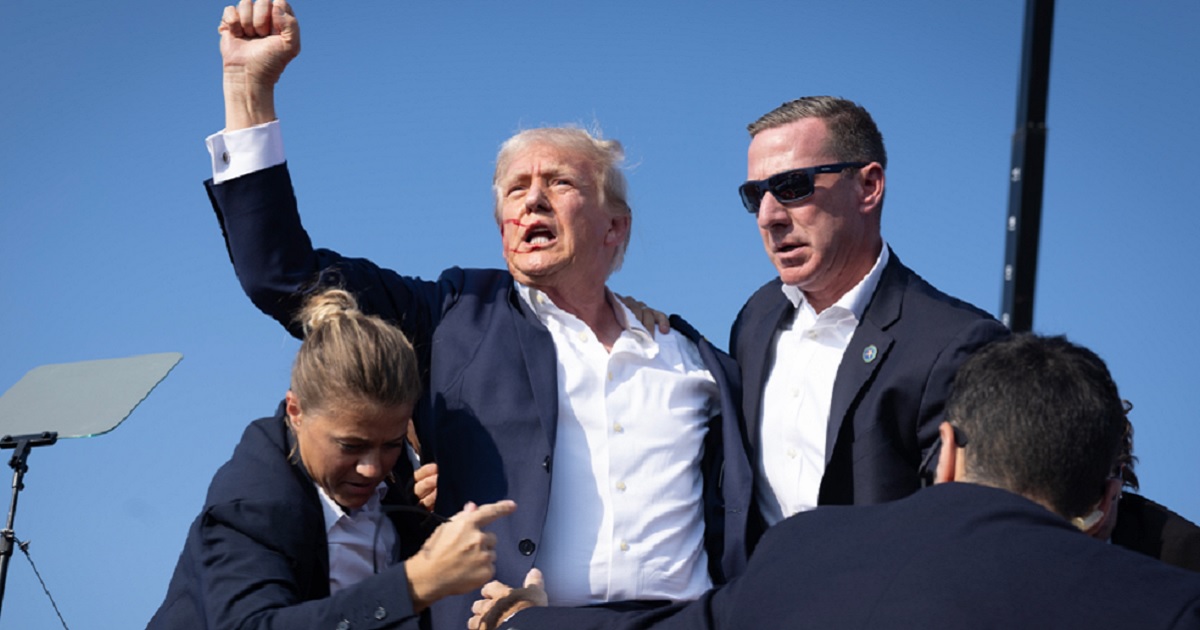The Government Gives Too Much Authority To Leftist Academics
The article discusses concerns over the politicization and excessive authority granted to expert advisory committees within the U.S. government, focusing on the recent firing of all nine members of the State department’s Advisory Committee on past Diplomatic Documentation (HAC) by the Trump governance. HAC, composed of academics appointed through professional associations, assists in deciding which historical diplomatic documents to declassify for the official Foreign Affairs of the United States (FAUS) series. Unlike other advisory bodies where government officials retain final appointment power, HAC’s structure mandates that committee seats be filled only by candidates chosen by specific academic groups, effectively outsourcing governmental authority to these private, often politically biased organizations.
The article highlights how many of these professional associations-such as the Society of American Archivists and the american Political Science Association-exhibit strong left-wing political stances, which influence their official statements and actions, undermining their neutrality. This politicization is problematic, especially as these bodies help determine the historical record available to the public. The author criticizes the statutory framework that entrenches these groups’ control and advocates for congressional reform to restore appointment authority to government officials, ensuring unbiased and obvious selection processes.Eugene Kontorovich, the author, is a law professor and senior fellow at the heritage Foundation.
When the International Association of Genocide Scholars jumped on the “Israel is committing genocide in Gaza” bandwagon, it revealed to many the extent to which one can’t “trust the experts.” But an ongoing spat between the Trump administration and numerous other professional academic groups shows how much excessive deference, and even statutory authority, has been given to such groups.
In May, President Trump fired all nine members of the State Department’s Advisory Committee on Historical Diplomatic Documentation. HAC, as the body is known, was composed of academics from various fields. Its mission was to assist in producing an authoritative reference work, Foreign Affairs of the United States (FAUS), which collects and publishes primary documents in U.S. foreign policy, and is widely relied on by scholars, including myself.
All seats on the committee, which makes the declassification decisions necessary to put the volumes together, remain unfilled, and the last quarterly meeting was cancelled. The administration offered no explanation, but a look at the Historical Advisory Committee’s anomalous structure shows that removing the members is not enough. Congress must revise the entire process of staffing the committee.
Washington is rife with expert advisory committees, which allow agencies like the EPA and FDA to get structured input from people outside the government with particular technical expertise. HAC advises the Historian of the State Department on what documents to declassify for inclusion in FAUS, which has been published since the Civil War, with volumes published now covering events 30 years prior.
Six members of HAC are chosen by six professional associations, such as the American Historical Association, with each group controlling one seat. The actual selection is made by the Secretary, who for each seat can only pick the candidate suggested by the respective association.
This structure is unique among such expert committees. Numerous advisory boards involve industry associations or academic groups making suggestions to the government, but ultimately, the political officials can select whoever they want. HAC looks more like a medieval guild council than a modern administrative entity.
This outsourcing of governmental authority to private bodies is compounded by significant politicization of these associations, which makes their statutory role wholly inappropriate.
Take the Society of American Archivists, whose political interventions are uniformly left-wing. In 2020, it issued a Statement on Black Lives and Archives: “As archivists, we learn from history that this country was founded on genocide and slavery.” So the 1619 Project owns a seat on a State Department board. Their March 2024 statement on the Israel-Hamas War laments “cultural heritage sites” damaged in Israeli airstrikes, “including archival records documenting the histories of Palestine and the Palestinian people.” Apart from adopting its own foreign policy of recognition of a Palestinian state, the archivists had nothing to say about Hamas’s use of cultural institutions for military purposes.
The American Political Society is equally steeped in progressive pieties. Its “Theme Statement” for its latest annual conference is a “crisis” posed by a “resurgence of nativism and authoritarianism,” echoing last year’s conference theme, which lamented the rise of “authoritarian populists who leverage electoral victories to undermine legislatures and judiciaries.” And yes, they are talking about President Trump, among other populist leaders.
The American Society for International Law wisely avoids making statements on current events, given its desire to be a home for neutral debate on issues that are by nature one degree removed from politics. That all changed in February, when it issued a “Statement on the United States and the International Rule of Law,” which condemned President Trump’s quitting of WHO and UNESCO, his sanctions on ICC officials, and his proposed “forcible transfer of two million Palestinians out of Gaza.” This is pure politics, and in the case of “forcible transfer,” fiction.
There are countless other examples. Some of these associations may be more politicized, some less. But while all are nonpartisan in the technical sense of not endorsing candidates, they are far from apolitical. Most of their activities are nakedly and irredeemably intertwined with the far-left political views commonly held by such academics — views regarded not as opinions, but rather facts.
These highly politicized private groups are given fiefdoms within a government body. Doubtless, these associations were originally empowered for their apolitical expertise. Whatever naïve views may have been harbored in 1991 — before the publication of Allan Bloom’s The Closing of the American Mind — today these organizations are not apolitical or neutral in any sense. And their political bias all skews one way: a body appointed by such organizations cannot legitimately make decisions or suggestions that will affect the historical record available for all Americans.
Thus far, Secretary of State Marco Rubio has not moved to fill any of the vacancies. It may be that the Historian does not need the advice of academics. Certainly, FAUS was published successfully before 1991. But the statute deputizing these associations remains on the books, and limits the administration’s ability to staff the board, while ensuring a restoration by a Democratic president.
Congress should act immediately to cancel the misgiven authority of these professional associations. Instead, the standard approach should be adopted, wherein the secretary seeks nominations from professional bodies, but makes the decision himself.
Eugene Kontorovich is a professor at George Mason University Scalia Law School, and a senior research fellow at the Heritage Foundation.
" Conservative News Daily does not always share or support the views and opinions expressed here; they are just those of the writer."




